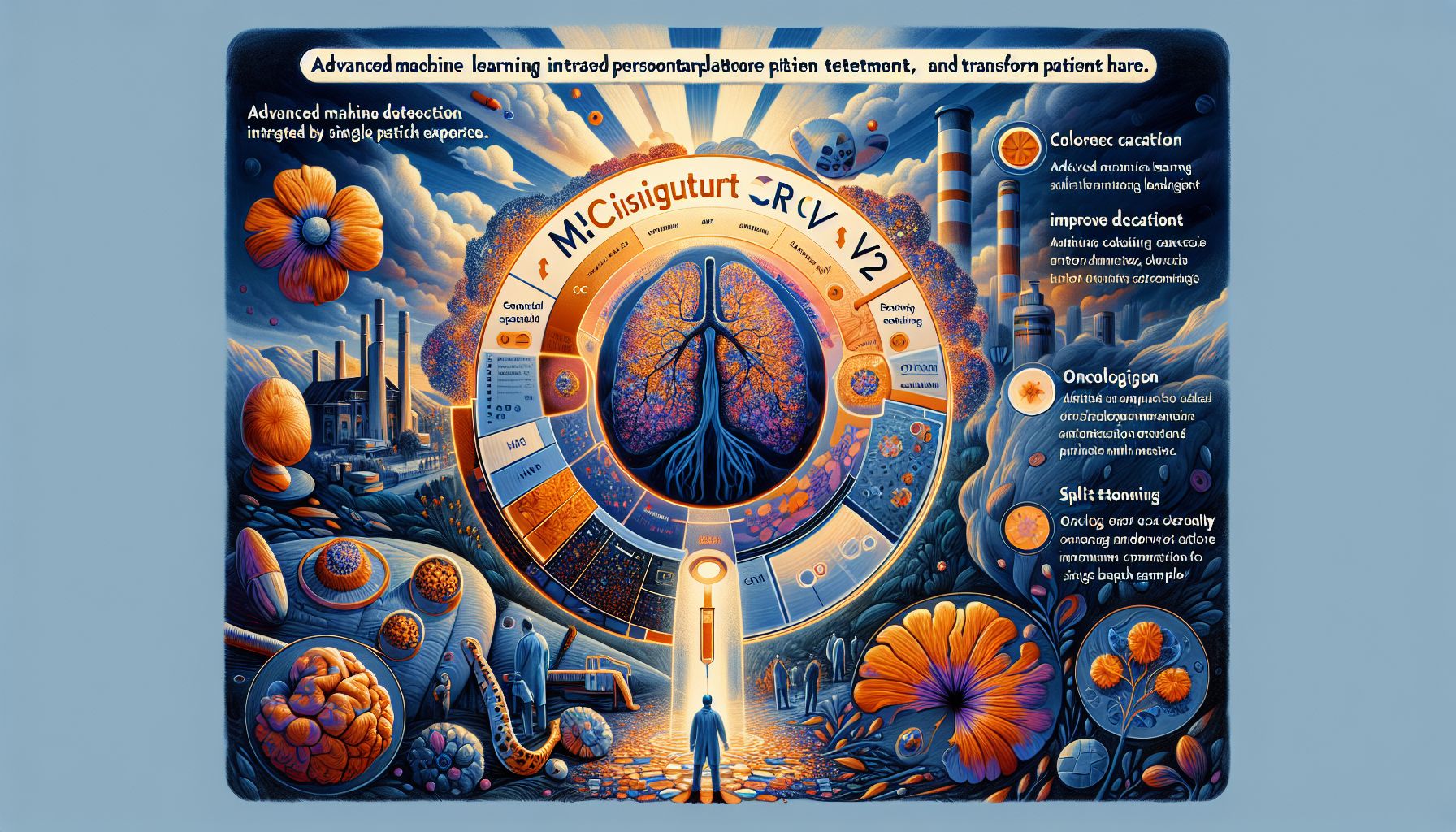AI Breakthrough: Owkin's MSIntuit CRC v2 Set to Revolutionize Colorectal Cancer Diagnosis

Amsterdam, Tuesday, 29 October 2024.
Owkin unveils MSIntuit CRC v2, a next-generation AI diagnostic tool for colorectal cancer. This innovative technology aims to enhance early detection and personalize treatment, potentially transforming patient care. The tool integrates advanced machine learning with Roche’s oncology expertise, offering improved accuracy in microsatellite instability (MSI) testing from biopsy samples.
Owkin and Roche: A Collaborative Endeavor
Owkin, a pioneering AI biotech company, has partnered with Roche to launch MSIntuit CRC v2, a groundbreaking AI diagnostic tool designed to revolutionize colorectal cancer detection and treatment. Owkin, based in Paris, is known for its innovative application of causal AI to unlock precision medicine diagnostics. The collaboration with Roche, a leader in oncology diagnostics, aims to leverage AI to enhance pathologist workflows and improve patient outcomes by integrating sophisticated machine learning models with Roche’s extensive expertise in oncology diagnostics[1][2].
Technical Innovation and Clinical Impact
MSIntuit CRC v2 represents a significant advancement in MSI testing for colorectal cancer, incorporating biopsy sample analyses to streamline and enhance diagnostic accuracy. The tool builds on the CE-IVD-certified MSIntuit CRC, integrating cutting-edge machine learning architecture and improved staining techniques, such as H&E and HES, to increase reliability. This tool is a part of Owkin’s broader focus on utilizing AI for precision therapeutics and diagnostics, ensuring patients receive the most effective and personalized treatments available[3][4].
Navigating the Path to Clinical Integration
Validation of the MSIntuit CRC model has been rigorous, involving blind clinical validation on a large external cohort to ensure its reliability and generalizability across different patient populations and laboratory environments. This validation process is crucial for gaining trust among pathologists and ensuring the tool’s efficacy in real-world clinical settings. Continuous monitoring post-deployment will involve tracking model outputs, auditing data quality, and gathering feedback to maintain safety and effectiveness[5][6].
The Future of AI in Healthcare
The introduction of MSIntuit CRC v2 marks a pivotal moment in AI healthcare technology, particularly in precision medicine. By enhancing early detection and treatment personalization, the tool is expected to significantly impact patient care quality and reduce healthcare costs. Owkin’s commitment to collaboration and innovation underscores the transformative potential of AI in healthcare, setting a new standard for diagnostic accuracy and patient care in the Netherlands and potentially worldwide[2][4].

